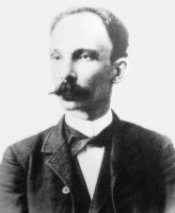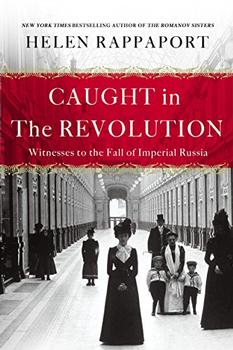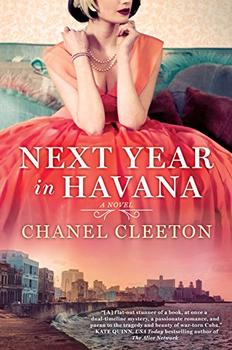Summary | Excerpt | Reviews | Beyond the book | Read-Alikes | Genres & Themes | Author Bio

A Subtropical Delirium
by Mark KurlanskyA city of tropical heat, sweat, ramshackle beauty, and its very own cadence--a city that always surprises--Havana is brought to pulsing life by New York Times bestselling author Mark Kurlansky.
Award-winning author Mark Kurlansky presents an insider's view of Havana: the elegant, tattered city he has come to know over more than thirty years. Part cultural history, part travelogue, with recipes, historic engravings, photographs, and Kurlansky's own pen-and-ink drawings throughout, Havana celebrates the city's singular music, literature, baseball, and food; its five centuries of outstanding, neglected architecture; and its extraordinary blend of cultures.
Like all great cities, Havana has a rich history that informs the vibrant place it is today--from the native Taino to Columbus's landing, from Cuba's status as a U.S. protectorate to Batista's dictatorship and Castro's revolution, from Soviet presence to the welcoming of capitalist tourism. Havana is a place of extremes: a beautifully restored colonial city whose cobblestone streets pass through areas that have not been painted or repaired since long before the revolution.
Kurlansky shows Havana through the eyes of Cuban writers, such as Alejo Carpentier and José Martí, and foreigners, including Graham Greene and Hemingway. He introduces us to Cuban baseball and its highly opinionated fans; the city's music scene, alive with the rhythm of Son; its culinary legacy. Through Mark Kurlansky's multilayered and electrifying portrait, the long-elusive city of Havana comes stirringly to life.
Kurlansky skillfully combines these disparate aspects, examining them in the hindsight of history and in the light of the current regime, skirting speculation about the changes that must be waiting in the wings since the death of Fidel late last year. He gives us Havana as a city to love, a city to invest our best hopes in as changes on the diplomatic front are causing a warming trend in our relations with our southeastern island neighbor...continued
Full Review
 (618 words)
(618 words)
(Reviewed by Barbara Bamberger Scott).
Mark Kurlansky's Havana begins with this poetic snippet:
El corazón es un loco
Que no sabe de un color.
(The heart is a fool
that knows no color.)
The composer is the highly regarded José Martí, a significant figure in the pantheon of Latino writers, and more especially, in the small but distinguished group of Cuban revolutionaries. Born in Havana in 1853, Martí was a child prodigy whose career as a poet began in his teens. He was published before he turned 16. Even in his teens, his writing expressed his passionate belief that Cuba needed to gain independence and break from Spain, earning him a year in prison followed by exile in Spain.
 By 1875, with a law degree to his credit, Martí was able start ...
By 1875, with a law degree to his credit, Martí was able start ...

If you liked Havana, try these:

by Helen Rappaport
Published 2018
From the bestselling author of The Romanov Sisters, Caught in the Revolution is Helen Rappaport's masterful telling of the outbreak of the Russian Revolution through eye-witness accounts left by foreign nationals who saw the drama unfold.

by Chanel Cleeton
Published 2018
After the death of her beloved grandmother, a Cuban-American woman travels to Havana, where she discovers the roots of her identity--and unearths a family secret hidden since the revolution...